Overview
There are a myriad of health issues that are prevalent in the world's communities. Salam Charity approaches healthcare with an awareness of this.
In countries like Afghanistan, where the numbers of birth and pregnancy related deaths have been high, we have set up specialised maternal health clinics and trained community workers.
In conflict zones like Syria and Somalia, where the infrastructure of healthcare has been damaged, we provide much needed mobile medical units and basic healthcare equipment.
Our aims
- To assist as many individuals as possible with free medicine, vaccinations, counselling and family planning advice.
- We're aiming to assist 13,000 people every year.
- We intend to offer maternal and neonatal healthcare
- To provide reproductive health and family planning services.
- To put in place a robust immunisation programme.
- To provide free vitamins for children.
- We wish to offer counselling services for children and adults.
- To help in the diagnosis of severe illnesses.
- Providing treatment for minor ailments.
Stats
- At the moment, there are 4,000 government run healthcare centres in Bangladesh. Sadly, they are empty most of the time as doctors only attend to patients 3-4 hours a day. Salam believes healthcare should be available 24 hours a day.
- 35% of Bangladesh's rural population live below the poverty line.
- Women who are heads of their household are the most deprived of the rural poor and often suffer from malnutrition.
Previous Work
Salam Charity built The Shifa Clinic in the rural areas of Zakiganj, one of the most deprived regions of Sylhet, Bangladesh
The rural areas of Zakiganj have an estimated population of 150,000 and are some of the poorest regions within Sylhet, Bangladesh. With no access to primary healthcare, the people who live there must travel many miles to Upazila Clinic for basic medical needs.
Due to the remote nature of the villages in Sylhet, maternal healthcare is completely inaccessible. This means 75% of all births in rural Bangladesh do not have a skilled maternity nurse during delivery.
The Shifa Clinic has been built to provide free healthcare to impoverished families. Professionally trained doctors and nurses will be available to offer free expert treatment and advice to anyone in the district, providing a lifeline for thousands of people currently living in abject poverty.
Case Study
COVID-19: Food & Hygiene Pack Distribution
We have teamed up with our trusted partners MWF on the ground who are working tirelessly to provide food packs and hygiene kits to keep people safe and healthy.
We're helping people to avoid COVID-19 infection by underlining the need to socially distance, to maintain high standards of hygiene and to wear protective masks if possible.
The distributed packs include a month’s worth of food for an average family of 6 plus essential anti-bacterial soap and washing powder.
2020 has been a difficult year for everyone but we must remember those less fortunate than ourselves. We will continue our fight against poverty and any threats that affect the livelihoods of the most impoverished.
Professionally trained doctors and nurses will be available to offer free treatment and advice to anyone in the district, providing a lifeline for thousands of people living in abject poverty.
Every year we will treat over 13,000 people and provide them with free medicine and primary healthcare. The clinic's location is far more convenient for local people.
We are looking to build new clinics in other regions. Shifa Clinic has been built to provide free healthcare to impoverished families. This clinic alone will treat over 13,000 patients.
If you would like to discuss building a new facility or would like to help maintain our existing clinic, please get in touch.
Give the gift of sight! You could help to provide life-changing eye cataract surgery to a visually impaired person. Cataracts can affect people of all ages, so prompt action is necessary to achieve the best outcome.










